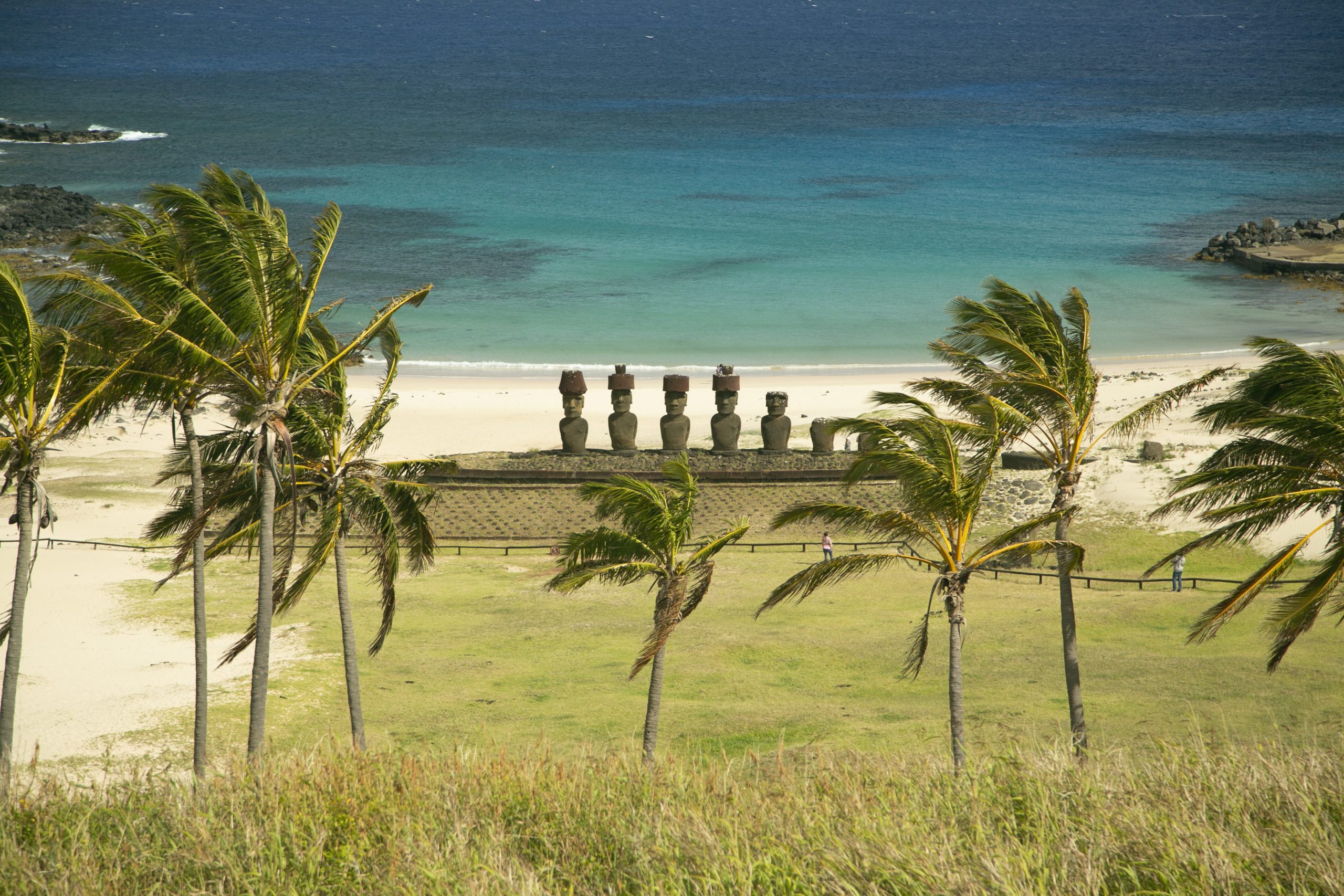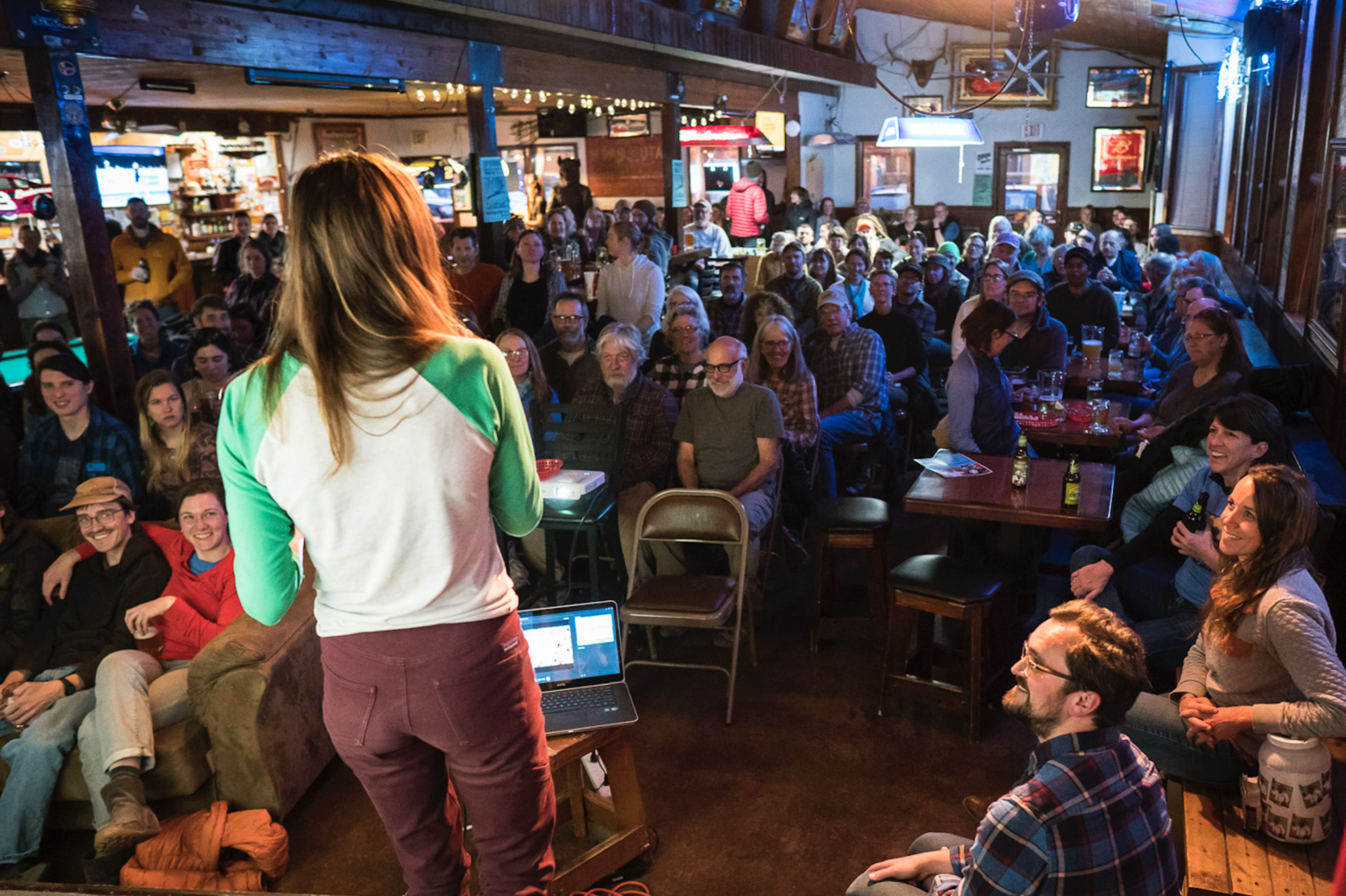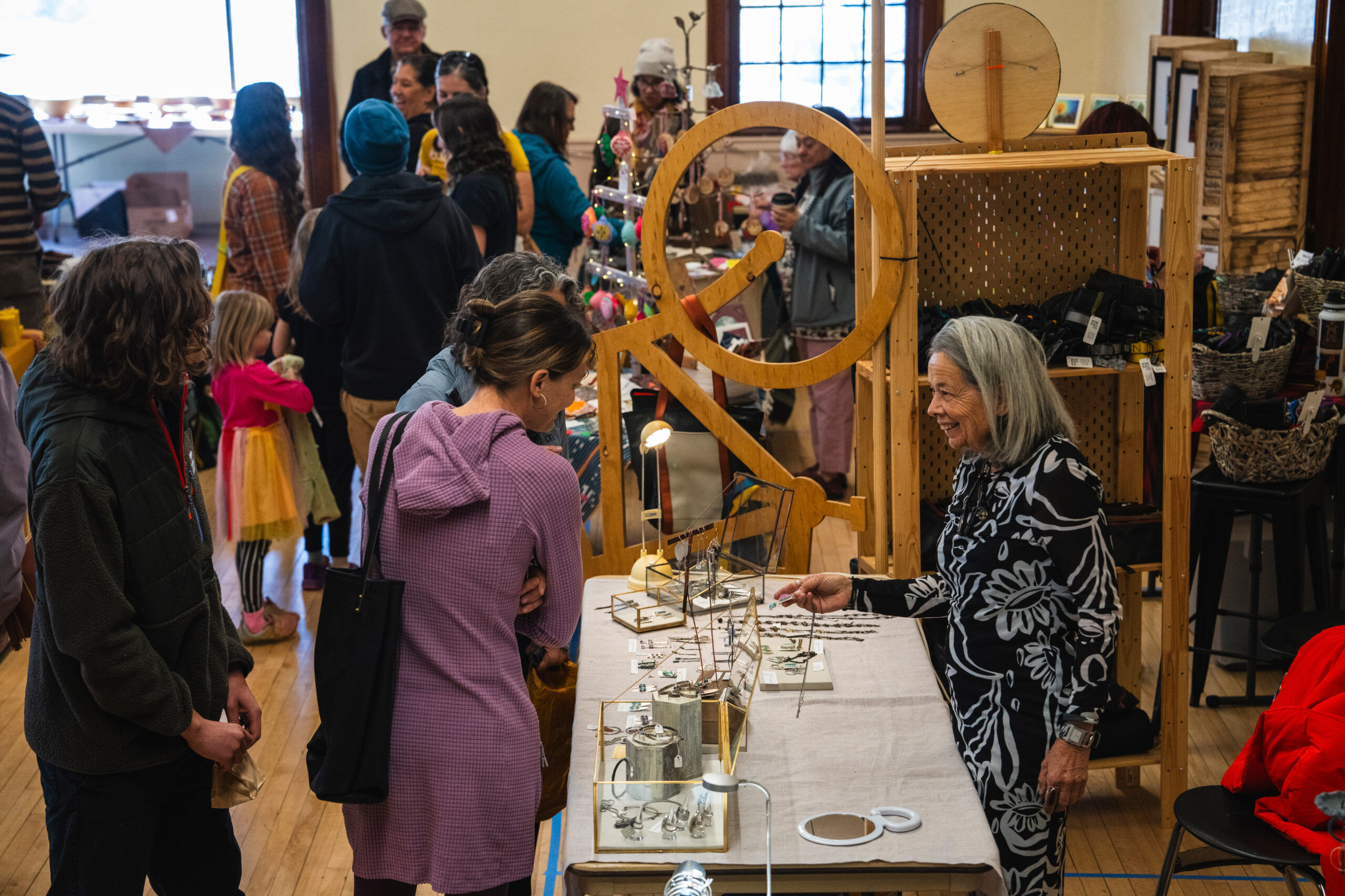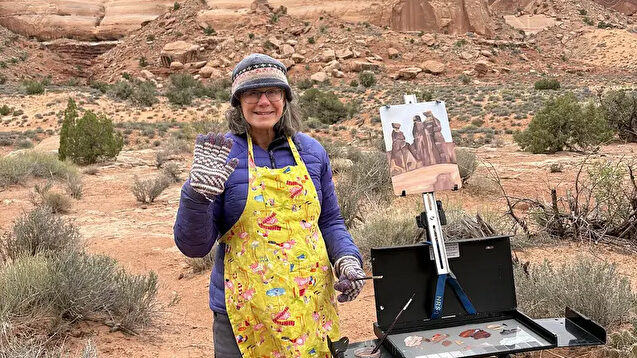Some information may be outdated.
The Rural Utah Project will show the first film in their three-part documentary series on Tuesday, October 19.
The 2018 film “Eating Up Easter,” directed by native Easter Island filmmaker Sergio Mata’u Rapu, explores the challenges Easter Island natives face as tourism threatens to overwhelm the island’s resources.
Before the film, Rhiana Medina, executive director of the Moab Valley Multicultural Center, and Sara Melnicoff, founder and executive director of Moab Solutions, will lead a conversation about the changes Moab has undergone as tourism to the area has increased. The event will begin at 7 p.m. at Old City Park.
“Film has an amazing way of creating an opportune environment for people with different backgrounds to hear stories that are relevant to them,” said Krystyna Dillard-Crawford, who works with the Rural Utah Project. “In particular, [stories of] climate change, environmental justice, industrial tourism, and how that’s impacting their life in a very immediate way.”
The Rural Utah Project is part of the Working Films 2021 Rural Cinema Cohort. Working Films is an organization whose mission is to use documentaries to advance social justice and environmental protection—the Rural Cinema Cohort is a training institute and community engagement program that teaches organizations in rural communities about the power of film to bring communities together.
“As we know, a lot of these issues that we face in remote places are not unique to us—they are often affecting other highly visited and rural places across the world,” said Sam Van Wetter, a field organizer at the Rural Utah Project. “So being able to be a part of that cohort meant we could join a conversation with other activists, artists and organizers who use film as a medium through which to educate, inform and provide solutions to issues that many of us see in our small communities.”
The other four organizations in the cohort include The Center Pole, from the Crow Indian Reservation in Montana; the Missouri Rural Crisis Center in Cooper County, Missouri; the Mountain Watershed Association in Melcroft, Pennsylvania; and the Partnership for Southern Equity in Fort Valley, Georgia.
“Rural Cinema began as a way to support climate justice and environmental justice leaders in rural areas,” said Andy Myers, senior campaign coordinator at Working Films. “Those leaders who are on the front lines—whether we’re talking about communities that are facing wildfires or flooding or gentrification or tourism—we believe that frontline leaders should be the ones who are coming up with solutions.”
Films can bring communities together, Myers said, which is sometimes exactly what a community needs. Rural areas sometimes face a lack of support or attention in the face of the worldwide climate crisis, he said.
The cohort led the participating organizations through four training sessions about how to use films to increase advocacy—the sessions covered how to identify target audiences, how to find the right films for their communities, and how to reach out to filmmakers to secure screen rights.
“We wanted to create a narrative that connected well with the narrative of Moab,” Dillard-Crawford said, of why the Rural Utah Project picked the films they did—the story of Easter Island’s explosive tourism industry parallels Moab’s, she said.
The next film in the Rural Utah Project’s series is “Public Trust: The Fight For America’s Public Lands,” created by Patagonia in 2020. The film shows how activists and Indigenous communities have tried, and are trying, to protect the 640 million acres of public lands in the U.S. Before the film, Mark Maryboy, the San Juan County commissioner, will discuss Indigenous-led efforts to protect public lands in Southern Utah. The event will begin at 7 p.m. at Old City Park on Tuesday, October 26.
The last film in the series is “Unskilled Labor,” created in 2021. The filmmaker spent the 2020 wildfire season with the Sawtooth Hotshots firefighting crew, and the documentary shows their daily crew life. Before the film, there will be a presentation by Mary O’Brien, the former Utah forests program director at the Grand Canyon Trust and director of Project Eleven Hundred. She will discuss forest management and increased fire activity in the La Sal Mountains. The film and discussion will be screened virtually on November 9, registration is available at www.ruralutahproject.org/2021/09/films.
The screenings are free and open to the public. Attendees are encouraged to bring their own lawn chairs, blankets—it will be a bit chilly!—and snacks, but note that there are no dogs allowed.
The three films are quite different, but Van Wetter, a field organizer with the Rural Utah Project, hopes they create “great empathy around these difficult topics,” he said, “and showcase analogies so that we in Moab can build up our own toolkit and figure out ways to pragmatically face the issues that our town and other surrounding public lands are facing.”
“We can borrow from the experience of other people who have gone through similar experiences,” Van Wetter said. “… None of us rural communities experience our issues in a vacuum.”
Event Info
What: Screening of “Eating Up Easter” and discussion with local leaders Rhiana Medina and Sara Melnicoff
When: Tuesday, Oct. 19 at 7 p.m.
Where: Old City Park (2231 Elk Circle, Moab)
Appreciate the coverage? Help keep local news alive.
Chip in to support the Moab Sun News.





